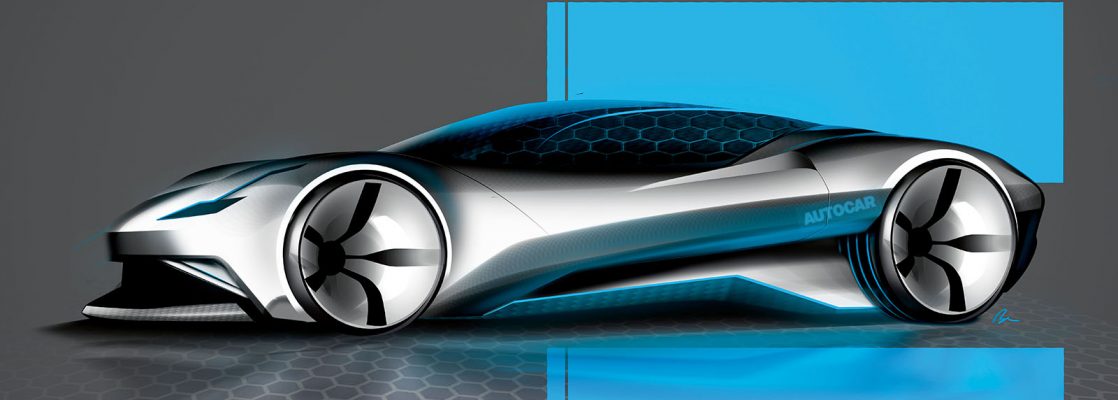
Public transportation has been an essential part of urban life for decades, providing a convenient and affordable way for people to travel around cities. However, with the rapid development of technology and the changing needs of society, the future of public transportation is facing both opportunities and challenges.
Innovations in public transportation are emerging at an unprecedented pace. One of the most promising trends is the integration of smart technologies, such as real-time tracking, mobile payment, and intelligent traffic management systems. These technologies not only improve the efficiency and convenience of public transportation but also enhance the safety and sustainability of urban mobility.
Another significant innovation is the development of autonomous vehicles. Self-driving buses, trains, and taxis are already being tested in some cities, and they have the potential to revolutionize public transportation by reducing the cost of labor, increasing the frequency of service, and improving the overall user experience.
However, the future of public transportation is not without challenges. One of the most pressing issues is the need to reduce carbon emissions and promote sustainable transportation. To achieve this goal, public transportation providers need to invest in low-carbon technologies, such as electric buses and trains, and encourage more people to use public transportation instead of private cars.
Another challenge is to ensure the safety and security of public transportation. With the increasing threat of terrorism and cyber-attacks, public transportation providers need to strengthen their security measures and adopt advanced technologies, such as biometric identification and predictive analytics, to prevent and respond to potential risks.
In conclusion, the future of public transportation is full of opportunities and challenges. To stay competitive and meet the changing needs of society, public transportation providers need to embrace innovation, invest in sustainable and safe technologies, and collaborate with other stakeholders to create a more efficient, convenient, and user-friendly urban mobility system.

